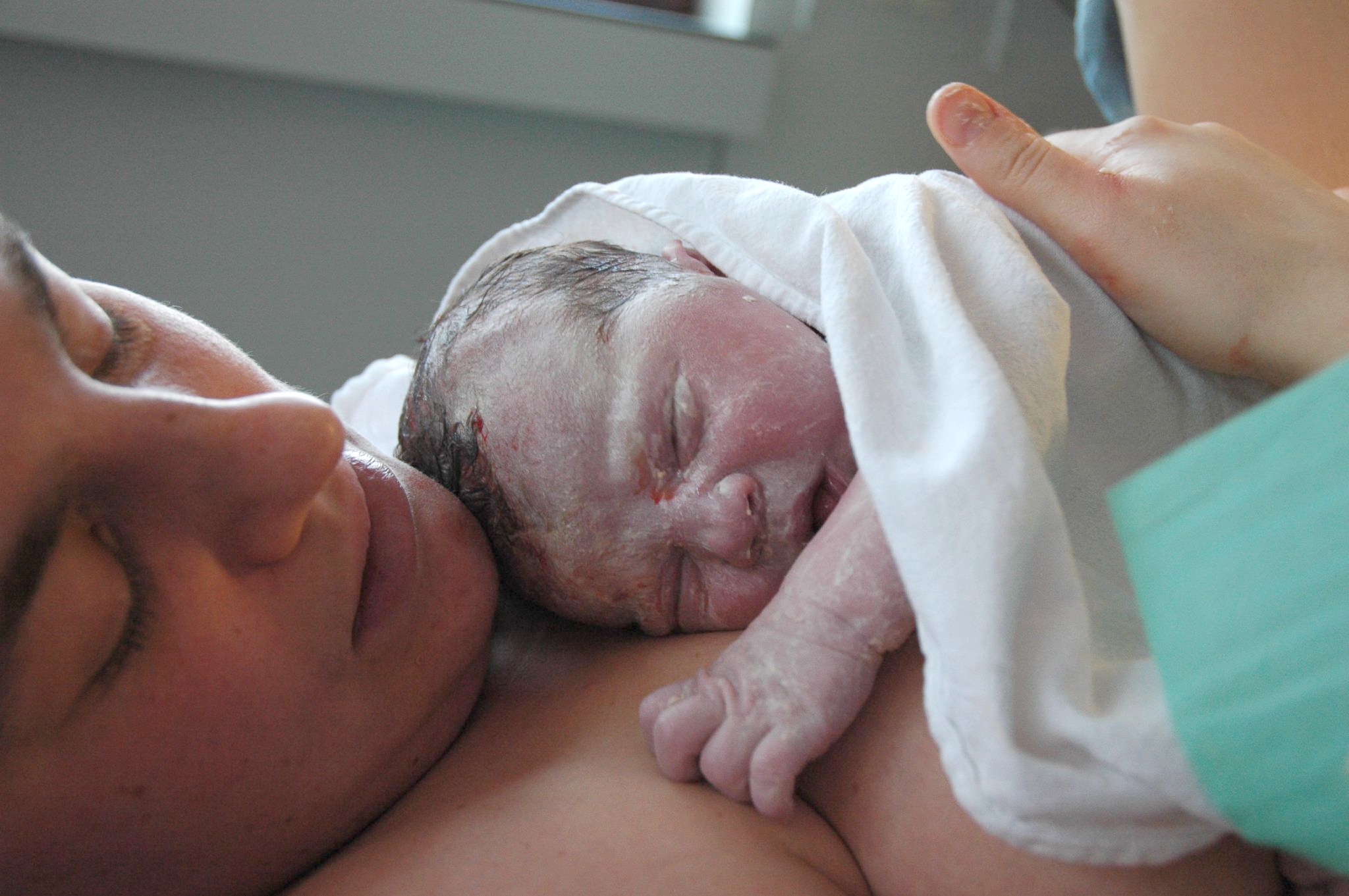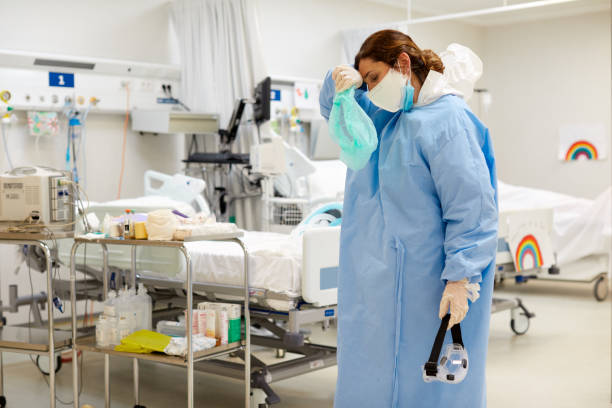
One of the things you’ll always find people getting worked up about is caesarean section vs vaginal births.
There are people in both camps who swear that their way is the only way to give birth, no matter what. And then the rest of us fall somewhere in between. Those who are utterly devoted to the concept of vaginal births can be extremely vocal – even somewhat militant – in their approach to birthing: intervention should be avoided at all costs.
More Reading:

Just Because You Had a C-Section, Doesn’t Mean You Are a Failure!
It’s the 21st century and we live in a first-world country and have world-class healthcare at our disposal. There’s no need to put your life at risk, and that of your unborn child, unless you are hell-bent on proving your commitment to your extremist views to the bitter end.
I tend to think that in days gone by, people pushing these extreme agendas were probably on the fringes of society and you’d have to look under all sorts of rocks and behind bits of bark to find them. But nowadays, thanks to the internet, their opinions are given much more mainstream credibility.
Not unlike other fringe groups such as anti-vaxxers and celebrity chefs who tell you how to make paleo baby formula.
Look, I’ll admit I was never really married to the idea of pushing a baby out of my vag. Like ever. My mother had three caesarian sections and somewhere in the back of my mind, I assumed I probably would need to have babies that way as well. This may well have shaped my own thinking on the issue… I am not entirely sure.
I’m the eldest of three and if my mother hadn’t had a c-section we would both have died in childbirth and my brother and sister wouldn’t have had a chance to exist either.
It’s pretty black and white. Without it I would have died before I got a chance to live.
My mother was 5 feet tall. I’m only slightly taller than her at five feet and one inch. My mother needed emergency caesarian sections for me and my brother. She scheduled an elective one for her third baby as doctors advised that the same issue (failure for labour to progress leading to foetal distress) was highly likely to happen a third time around.

I laboured with my first child for 12 hours and failed to dilate. They may have let my labour go on for longer, but there was a great deal of foetal distress, and an emergency caesarian was advised.
In both my case and my mother’s, doctors determined that our pelvic size probably played a major role in our pregnancy complications. This is the overly simplified explanation for the purposes of brevity here.
When I was pregnant with my second daughter, the obstetrician I was seeing told me that he would prefer I had another caesarian… and I saw him brace himself, no doubt expecting me to jump up and down demanding the right to experience a vaginal birth.

I know not every doctor has the best manner with their patients, and some can be downright patronising. But my doctor did take the time to speak to me like I was an intelligent human being and explain to me the pros and cons. The pros and cons of another caesarian. The pros and cons in general of a VBAC (vaginal birth after cesarian). And the pros and cons of a VBAC for me specifically given the way the first labour ended and my own mother’s similar history.
There were risks to both. But the pros of having the caesarian section far outweighed the cons. And so I felt able to make an informed choice. The choice that I made to not attempt a VBAC isn’t going to be the right choice for everyone else. If you want to have one and it’s the least risky option for your exact circumstances, more power to you, girlfriend, you squeeze that baby out and don’t look back.
My doctor, at the time, was a Professor who was head of obstetrics at a major Melbourne university. He has also been a recent President of the Royal Australian and New Zealand College of Obstetricians and Gynaecologists (RANZCOG). I think I would trust his opinion and experience and expertise any day of the week over fringe dwellers on internet mummy forums who may or may not have completed Year 12, let alone the years of study to become a qualified obstetrician.

It’s the people who don’t know someone else’s individual risk factors who I think are the most dangerous in this. I received a lot of unsolicited advice that I cheerfully ignored. It happened again when I had my third baby, also by elective caesarian. I even ignored the cries of those bereft of facts who would say that I was “too posh to push”. I wasn’t too posh to push… I was more concerned with not dying. But hey, whatever makes you feel like a superior earth mother makes it okay to push your crap on everyone else, right?
Yes, I know that some women genuinely long to experience a natural birth and can feel everything from being a failure to a deep depression if their birthing doesn’t go to plan.
But that doesn’t mean terms like “birth rape” should be used to describe medical intervention.
It’s the sort of term you see bandied about with increasing regularity. It’s designed to make women fearful of accepting interventions by likening any deviation from the perfect, painkiller-free, natural labour to an act of sexual assault.
But a doctor who wants you to have a c-section when you’ve got your heart set on a vaginal birth with no painkillers is not the same thing as a rapist.
It is inevitable that some women will experience disappointing births. They will experience painful births. They will even experience terrifying births. And all of that is truly sad and unfortunate.
While there are bad eggs who cut corners in every profession, at the end of the day the vast majority of obstetricians are interested in keeping mothers and babies alive and make calculated judgements on the best way for that to happen.
That’s not rape. It’s medical care.






 Top 14 Online Adult Shops in Australia
Top 14 Online Adult Shops in Australia  List of Environmentally Friendly Disposable Nappies (and...
List of Environmentally Friendly Disposable Nappies (and...  List of the Best Weight Loss Shake...
List of the Best Weight Loss Shake...  Where to Buy Wholesale Vibrators to Sell...
Where to Buy Wholesale Vibrators to Sell...  Our Honest Bed Threads Review 2021
Our Honest Bed Threads Review 2021 



